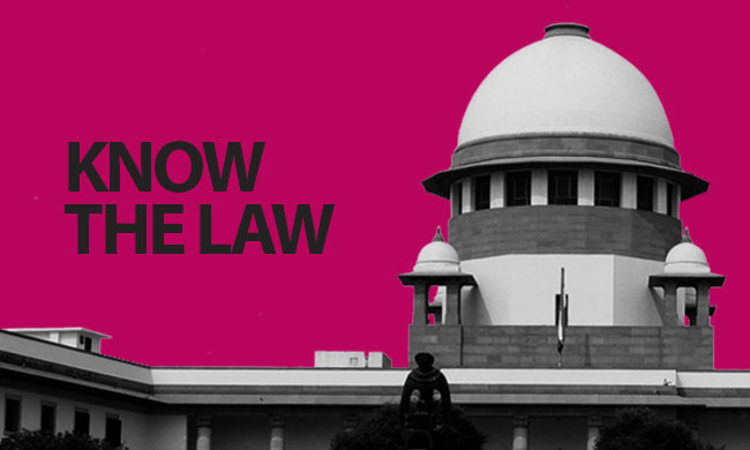- Home
- /
- Know the Law
- /
- What Are The Remedies Available...
What Are The Remedies Available When Police Refuse To Register FIR
M.A.Rashid
6 Jun 2019 11:46 AM IST
Section 154 of The Code of Criminal Procedure Code deals with registration of First Information Report (though the Section does not use the word 'First Information Report or FIR). Section 154(1) says every information relating to the commission of a cognizable offence, if given orally to an officer in charge of a police station, shall be reduced to writing by him or under his...
Next Story



